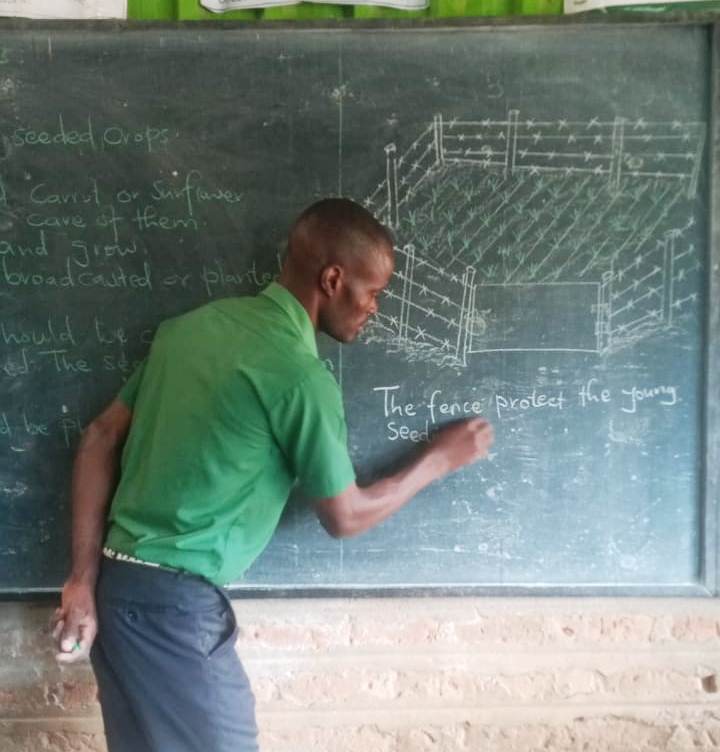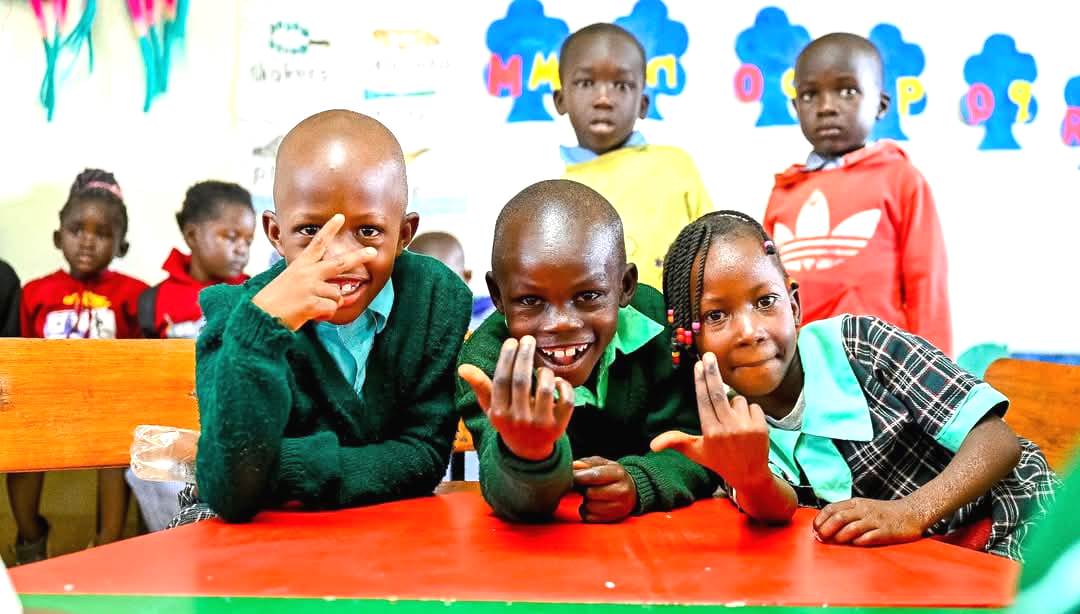Secondary schools are closing this week. Students are heading home for the brief April holiday. In the whole scheme of things, they should make wise use of the holiday by balancing three things — home chores, personal study time and leisure.
In short, here are a few tips on how to achieve the most in the short period before resuming school for term 2.
- Building useful bonds
Holiday is the time to bond with family. Firstly, it is good to write a thank you note to express gratitude to those who have offered hope and help in certain spheres. In addition, it is advisable to help parents and guardians by attending to home chores. Being in good terms with parents attracts favour.
- Reading good books
Students should cultivate a rich reading culture during holiday. They should create more sessions to read notes, course books, story books, class readers, KCSE set texts, self-help books, newspapers and magazines. A rich reading ritual enhances content mastery and memory. Through reading, students become better writers of imaginative compositions. Books are sources of interesting and intelligent conversations. Reading improves the attention and concentration span.
- Completing all assignments
Teachers normally issue loads of assignments for holidays. Making wise use of the holiday means that they do not treat it as a complete break from school work, but a time to freely structure their study culture.
- Borrowing academic practices
During the holiday, it is possible to meet peers from other schools. It is wise to compare notes with them and pick the best academic practices. There should be positive peer influence — with a special focus on learning habits, hobbies, routines and rituals.
- Engaging in edutainment
Teens love life full of fun. Things that make people laugh leave them in good mood. Edutainment is entertainment that is both educative and informative. Teens should choose music and movies developing character and enhancing mental health. It is advisable to shun forms of entertainment that encourage lassitude. Watching dirty stuff such as pornography leads to aberrant sexual behaviour.
- Wise use of media
If a young person can access a phone, it is good to use it wisely. They can receive or read useful materials on platforms such as WhatsApp. They can follow educative TV channels. They can use special sites such as YouTube to watch phenomenal speeches and didactic documentaries. They can find time to watch news in order to keep abreast with current affairs.
- Participating in church
Purpose-driven churches organise mentorship programmes in form of seminars, conferences and camps at this time. It is important to attend such meetings and learn. It is right to attend church services to enhance intimacy with God Almighty. Participate in church charitable programmes, hence learn to be kind, empathetic, and altruistic. Participate also in missions organised by the church.
- Learning about careers
During the holiday, students should read relevant books and follow TV programmes that provide useful information about careers and future world of work. They can consult career counselors and learn about careers through job-shadowing —visiting places people are practising what you aspire to do in future.
- Unleashing potential
Talent is inborn. Gift is divine. Skill is an acquired ability. During the holiday, students should discover and nurture their talents. Alongside hard skills learnt in school, students should use the holiday to develop soft skills, life skills, 21st century skills, transferable skills, employability skills, and inter-personal and intra-personal skills.
- Learning from mentors
Young people should have right role models; people they can ape due to their admirable qualities. They also need mentors; trusted people who are more experienced in life that can inspire them to climb the lofty ladders of life.
50% of what we learn is earned from experience, 20% from mentors and coaches, 20% from failure, and 10% from formal education. Sometimes, young people mess and miss the mark because of wrong choice of role models.
© Victor Ochieng’
Get more stories from our website: Education News
You can also follow our social media pages on Twitter: Education News KE and Facebook: Education News Newspaper for timely updates.






